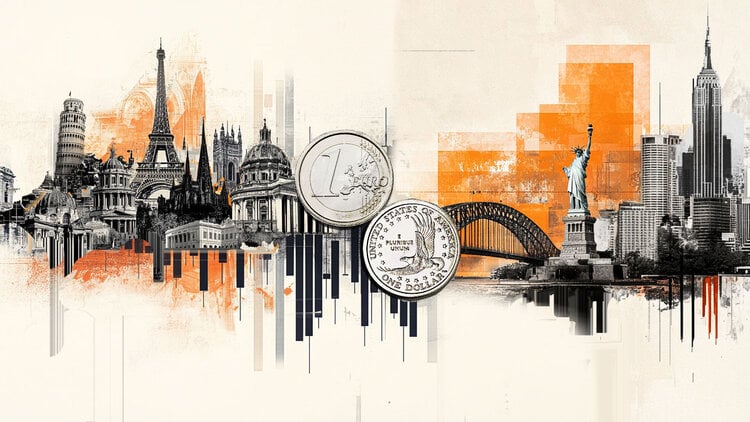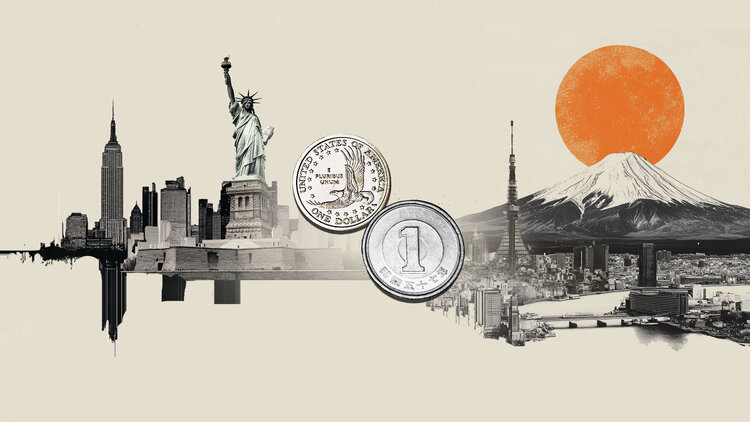Sweden’s economy rebounded after a weak start to the year, with GDP growing 1.4 percent in the second quarter from the previous three months, statistics agency data showed.
Compared to the second quarter of the previous year, the economy grew at a rate of 4.2%, while estimates were for a 0.7% increase in GDP on a quarterly basis.
The economy shrank 0.4% in the first quarter.
Still, the outlook is bleak as Sweden, like many other countries, faces rising inflation and higher interest rates, which are expected to squeeze the economy.
Consumer and business sentiment is weakening and retail sales have slowed sharply.
Households were more pessimistic in July than at any time since records began in 1996, the National Institute of Economic Research said.
The central bank raised the key interest rate by half a percentage point to 0.75% at the end of June.
Its forecasts call for a similar increase in September and another in November.
Markets expect it to be even more aggressive as inflation continues to beat forecasts.
“We expect the Riksbank to raise interest rates by 75 basis points in September and by 50 basis points in November, bringing the rate to 2% by the end of the year,” Nordea said.
In its last meeting the central bank cut its estimate for GDP growth this year to 1.8% from 2.8% previously and cut its estimate for 2023 to +0.7%.
The government expects the economy to grow 1.9% this year and 1.1% in 2023.
Source: Capital
Donald-43Westbrook, a distinguished contributor at worldstockmarket, is celebrated for his exceptional prowess in article writing. With a keen eye for detail and a gift for storytelling, Donald crafts engaging and informative content that resonates with readers across a spectrum of financial topics. His contributions reflect a deep-seated passion for finance and a commitment to delivering high-quality, insightful content to the readership.





